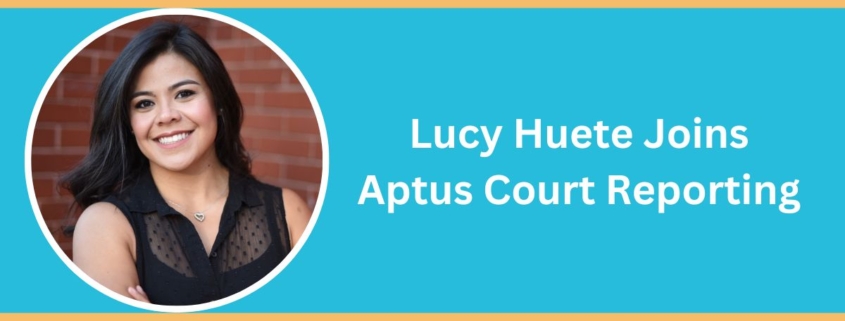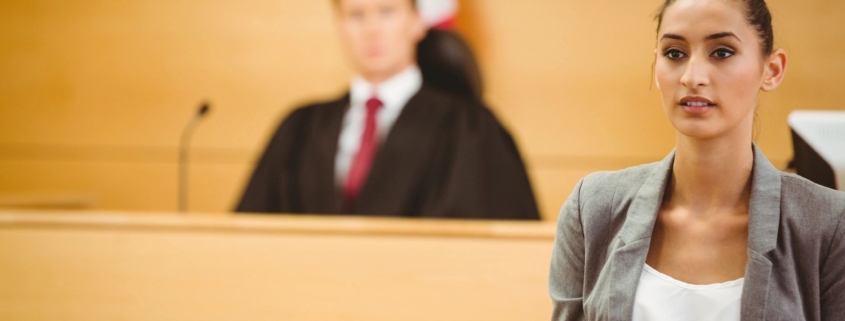With the emergence of new technologies and circumstances that prevent groups from gathering physically, options for legal proceedings have changed dramatically. If you are a litigator, you have likely already participated in remote trials, remote mediations, or even remote depositions.
Remote legal proceedings can provide much-needed convenience to a busy attorney’s schedule, but they are not without their drawbacks. Please read on to learn what to avoid during a remote deposition and how our sophisticated suite of trial support services at Aptus Court Reporting can help you.
Being Disorganized with Your Exhibits
Do you want remote technology to help and not hinder your legal work? If you do, sometimes you need to be more organized than usual. This can be especially true when it comes to your exhibit packages for a deposition.
Many attorneys opt to deliver digital exhibit packages to opposing counsel and deponents for remote depositions. This can streamline the process and cut costs. However, you must make sure that your digital packages are functional, easy to follow, and properly labeled before submitting them.
You can keep your electronic exhibit packages organized by placing well-labeled bookmarks in the document. To make sure the bookmarks are easy to follow, practice accessing them while reviewing your deposition outline. If the deponent is your client or witness, have them practice navigating your package while you ask questions.
Neglecting to Explore Your Technological Options Beforehand
Many remote deposition platforms and services have several technological features you can use to your advantage. For instance, if you are conducting a zoom deposition and a deponent cannot locate an exhibit from your electronic package, you can share your computer screen with the deponent to show them where you are. It is crucial to identify technological features like this and make sure you know how they work before you begin a deposition. This way, you can cut down on tense moments in an already adversarial proceeding.
Also keep in mind that, in general, court reporters are to preserve only the spoken record. In their written record, a reporter does not typically include descriptions of a deponent’s behavior or demeanor. But if you need this information, you can hire a videographer to capture nonverbal conduct during a deposition.
Being Unprepared for Technological Glitches
You might already have a tried-and-true method for conducting test runs of your deposition. But have you taken the time to conduct a test run with your remote deposition technology?
Testing your technology before remotely deposing a witness can help you avoid a number of serious issues, such as the appearance of unlawful witness coaching. How can technological glitches increase the likelihood of this issue?
Consider the following example: Imagine an attorney’s witness has an unexpectedly poor internet signal during a deposition, and the witness’s responses are constantly interrupted by buffering. This can quickly fluster an attorney and a witness who did not prepare for the issue.
After an interruption, an attorney might need to resubmit their question multiple times to get a clear record of the witness’s answer. And in re-asking their question, an attorney might be tempted to summarize what they were able to hear clearly from the witness. Opposing counsel could perceive this as unlawful coaching. If opposing counsel perceives unlawful coaching, they could request that a tribunal impose sanctions that prejudice a client and harm an attorney’s credibility. If you practice your deposition while using your remote technology, you can determine what technological issues you are likely to encounter. You can also develop a strategy for addressing glitches without risking your case’s integrity.
We Provide Full-Service Litigation Support for Your Remote Needs
Do you need a certified court reporter, remote court reporting, or legal transcription to aid you in your next deposition? We have the tools to help you at Aptus Court Reporting. We deliver state-of-the-art services for conducting effective remote depositions, including digital screen captures, videography, streaming text, and document sharing. We can also offer you case management services that include top-of-the-line customer service. Please call us at 866-999-8310 for more information.














